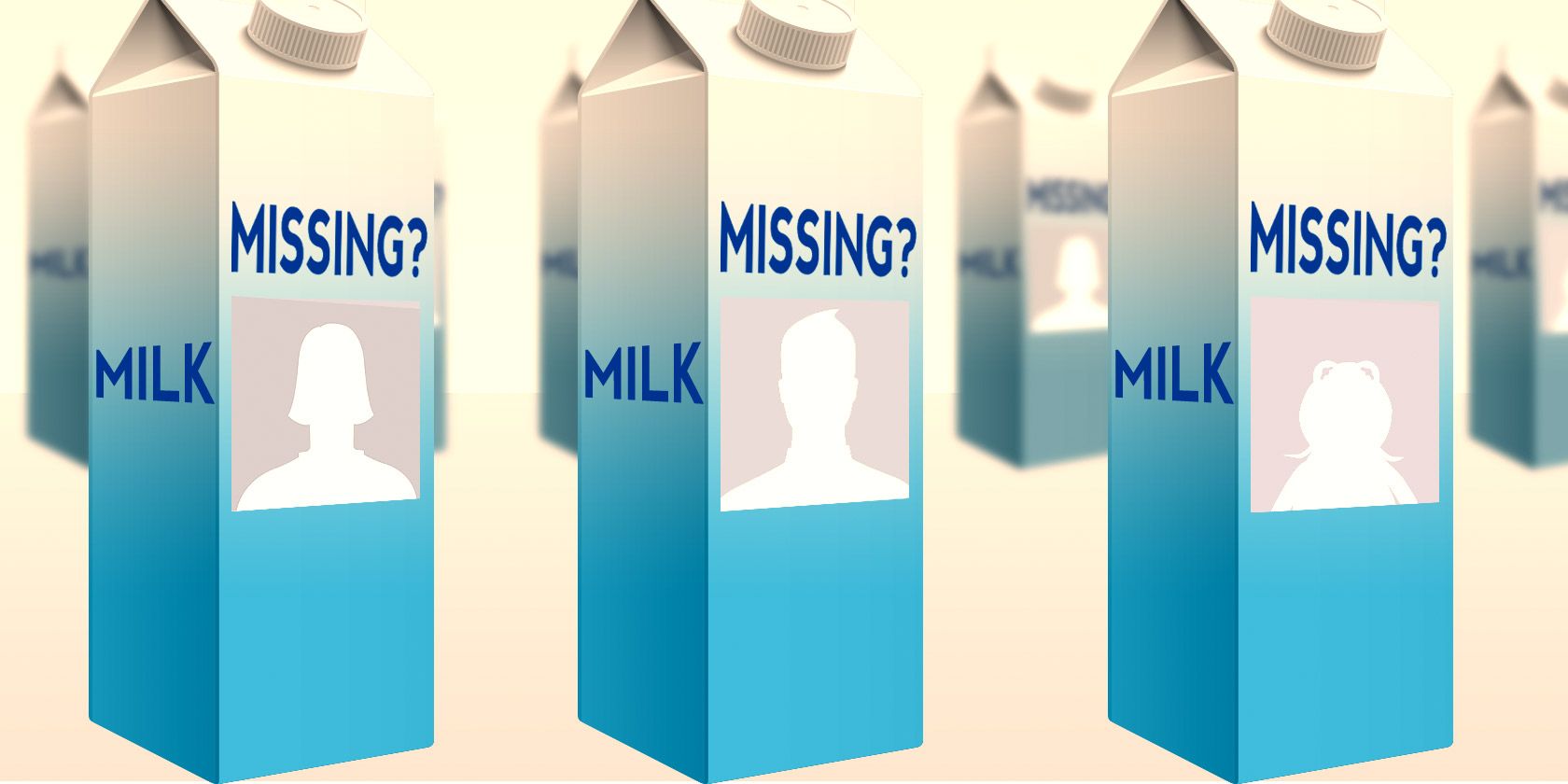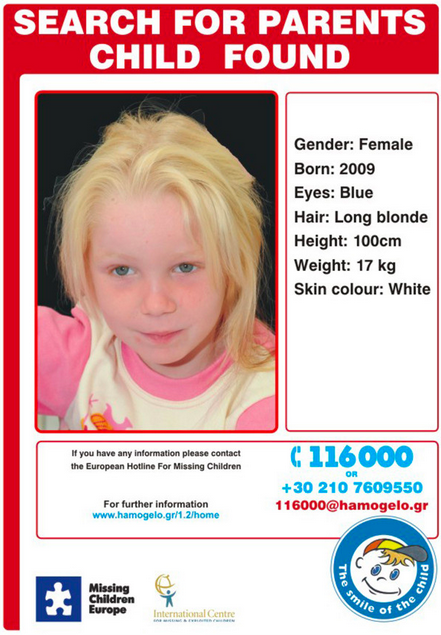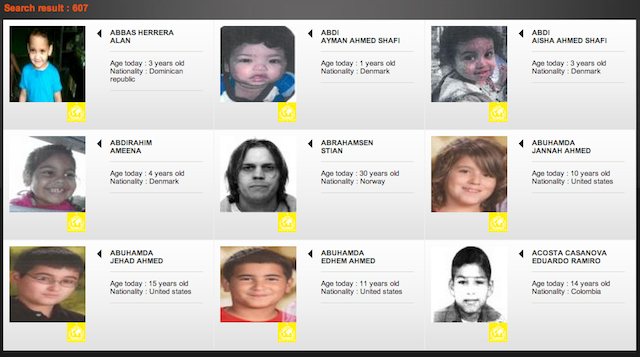No doubt you've seen these pleas on Facebook before: Share this photo to help find my missing child. But heartfelt messages don't always have the best intentions behind them, and by sharing them you could actually be putting the child in danger. Have you ever thought of that?
Thousands upon thousands of well-meaning people share the image, hoping that it might be seen by someone who can help. And if it is seen by someone helpful, then everything in the world is well and good, right? Not always.
Too many people blindly believe what's written in Facebook posts such as these. They want to help, to be seen as doing something about the problem. And because of this, they don't think it through. This can be very dangerous.
Missing Persons Are Not Always Missing
Recently a Swedish journalist made it very clear that sometimes the missing children in these posts are not actually missing: they are hiding. A family's secret identity was blown open after the father made a plea on Facebook. Well-meaning people worldwide shared the post until someone recognised the children.
What none of these well-meaning people realised was that the woman and children were given protected identities by police after leaving this man. Suddenly, their safety was put at risk, by people who had been trying to help reunite a family.
“The worst case scenario is that you contribute to someone being beaten, raped or killed. You have to think twice before sharing this type of searches for missing people on Facebook”, says Lotta Sonemalm at The Swedish Association of Women’s Shelters and Young Women’s Empowerment Centres (SKR).
People in protection programs may be running from domestic violence, gang connections, or have been a witness to a serious crime. By exposing them, you leave them vulnerable to the people they are hiding from.
Missing People May Belong Where They Are
Here's another one that backfired somewhat: Police asked people to share a photo to find a girl's parents. She had been found living with a Roma family, and police took her away thinking she had been kidnapped. The parents said they had adopted her from a Bulgarian lady. After DNA testing came back a week or so later, it turned out the police had actually taken her away from the only family she knew, the Roma family, and that her biological parents were the Bulgarian couple as claimed. At least this story had a happy ending, despite the trauma the little girl and her family went through.
What Can You Share?
It's impossible for most people to tell a heartfelt search from a malevolent one, so it's best to avoid sharing at all just in case.However, iIf the search originated from a police source, or comes with a link to a reputable newspaper showing that the police are searching for the children, then it is likely to be legitimate. Even so, it's worth considering that it's a well set up ruse, so maintain a sense of skepticism. You can also check the Interpol list of missing persons for verification.
Emotional Porn
It's also worth considering why people share these things in the first place. Some have described this as armchair activism, others as a form of emotional porn.
Many of the people who share these stories are often:
- Trying to help a cause as best as they can from their living room.
- Terrified that something similar may happen to their kids.
- In some way attracted to the stories of other people's grief.
Keep these points in mind when you consider sharing. To the people who see these stories every day, the people sharing them start to look like creepy tragedy-addicts who would rather click a few buttons than actually go out and help someone.
The Moral Of The Story
It's the Internet. You can't really know what to believe unless you properly critique the source, and you can't always believe people are who they say they are. When it comes to kids, you need to be even more vigilant with your research. Don't just share the sob stories without thinking, as you may endanger people with good reason to stay hidden.
Facebook is rife with phishing schemes, click-jacking, scams and hoaxes. Most people are quite vigilant in avoiding these, yet have a blind spot when it comes to supposed missing kids. Don't be fooled!
Have you seen people sharing missing persons stories on Facebook? Did it occur to you that they might not be legit? Let us know.
Image Credits: milk box Via Shutterstock




